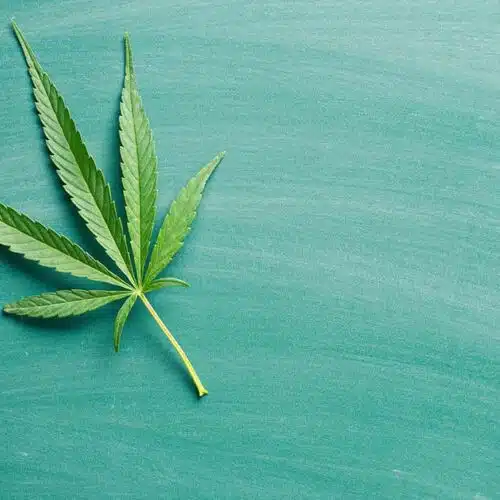Most cannabis users, whether they indulge recreationally or medically, know exactly how marijuana affects appetite. According to a study published in Nature, the feeling known as “the munchies” is caused by certain cannabinoids in cannabis interfering with signals that tell the brain you are full. This interference gives a cannabis consumer the ability to eat an entire bag of chips and still feel hungry, because the brain believes the stomach is not full. Even though this is true, a study released in the American Journal of Epidemiology suggests that cannabis lowers obesity rates. People who consume cannabis may be less likely to become obese or diabetic.
As stated in the study’s report, “the authors used data from 2 representative epidemiologic studies of US adults aged 18 years or older, the National Epidemiologic Survey on Alcohol and Related Conditions (NESARC; 2001–2002) and the National Comorbidity Survey–Replication (NCS-R; 2001–2003), to estimate the prevalence of obesity as a function of cannabis use.” The authors of the study actually hypothesized that, “the prevalence of obesity would be higher in cannabis users than in nonusers.”
The study actually proved its conductors wrong. The results actually proved there was a significantly lower rate of obesity in those who consumed cannabis than those who did not. In fact, the gap in obesity prevalence between cannabis users and non-users was surprisingly large. According to the report, “the adjusted prevalences of obesity in the NESARC and the NCS-R were 22.0% and 25.3%, respectively, among participants reporting no use of cannabis in the past 12 months and 14.3% and 17.2%, respectively, among participants reporting the use of cannabis at least 3 days per week.”
Evidence That Cannabis Lowers Obesity
Obesity rates in the NESARC and NCS-R studies were lower in those who use cannabis by 7.7% and 8.1% respectively. According to the study, “in both samples, the ratio for obesity was significantly lower for all groups of cannabis users than for persons who had not used cannabis in the last 12 months, except for the subgroup of NCS-R participants who used cannabis once a month to 2 days per week.”
The study states that the lower obesity rates were only noticed in participants who claimed they had used cannabis at least three days per week. The fact that lower obesity rates were only significantly different with cannabis consumers seem to prove that — much like exercise — marijuana can actually help you maintain a healthy diet.
Future Research
What makes this epidemiological review so interesting, is that neither of the studies were particularly small. The NESARC study included 43,093 respondents while the NCS-R study included 9,282 respondents.
While this study is exciting and is one of the first large-scale studies conducted on the correlation between cannabis use and obesity rates, it does have some flaws. According to the conclusion of the study; height, weight, and cannabis use information were all self-reported, which provides the opportunity for participants in the study to provide false information. Although the authors of this study caution that these limitations may have affected results, they do conclude that the analysis “showed that even if cannabis consumption increases appetite, people using cannabis are less likely to be obese than people who do not use cannabis.”
Cannabis has faced demonization and stigmatization by politicians and the media alike for decades. Luckily, certain stereotypes like the lazy junk-food-eating “stoner” are beginning to be disproven by science. As more scientific research is released, there will be more data available to disprove these false narratives. For now, the idea that cannabis lowers obesity rates is a refreshing new concept for health conscious individuals.


